Mission:Cure Blog
The Mission: Cure Blog is written by our team, medical experts, and members of our community in an effort to bring the latest developments and resources to patients and share the pancreatitis experience.
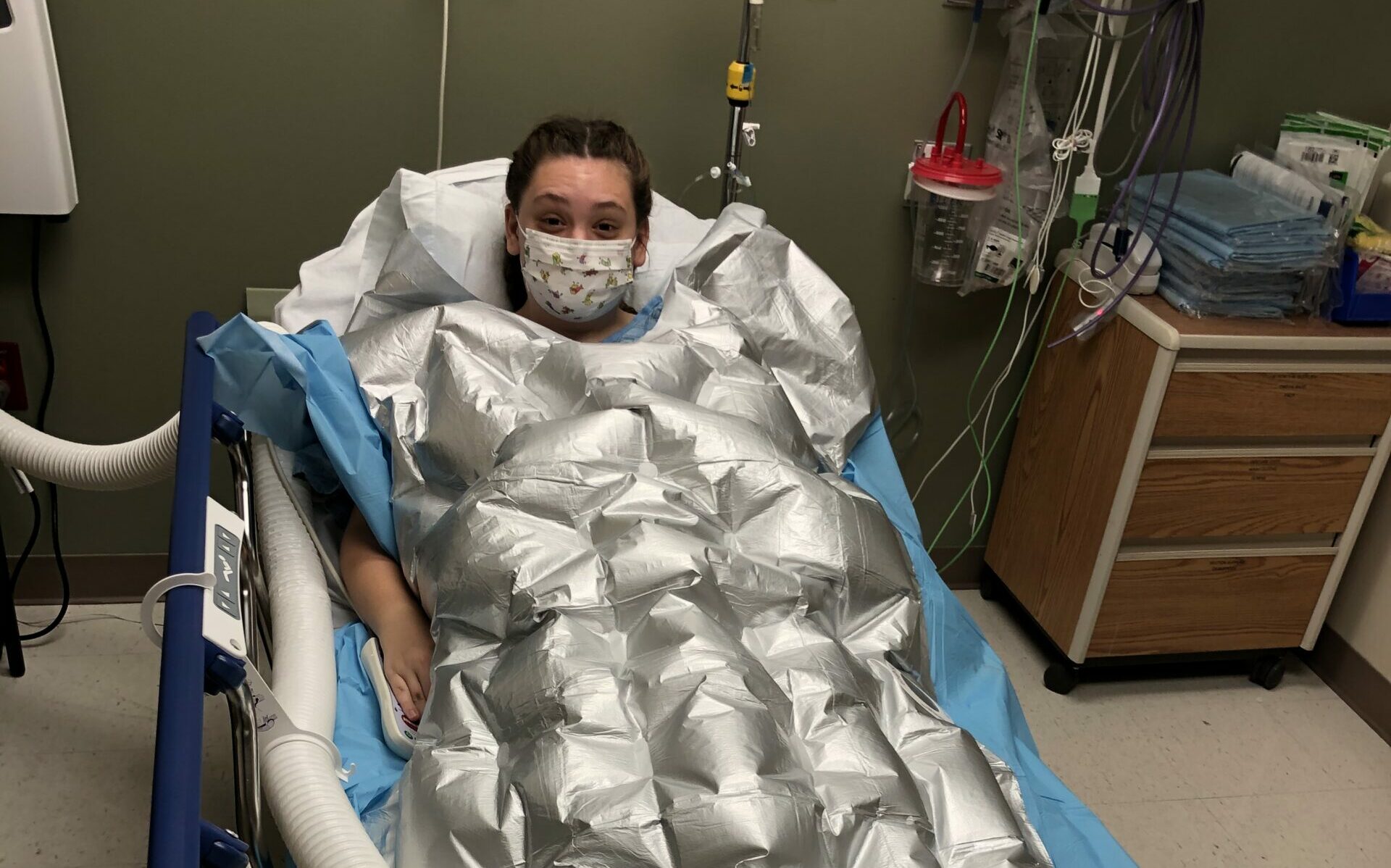
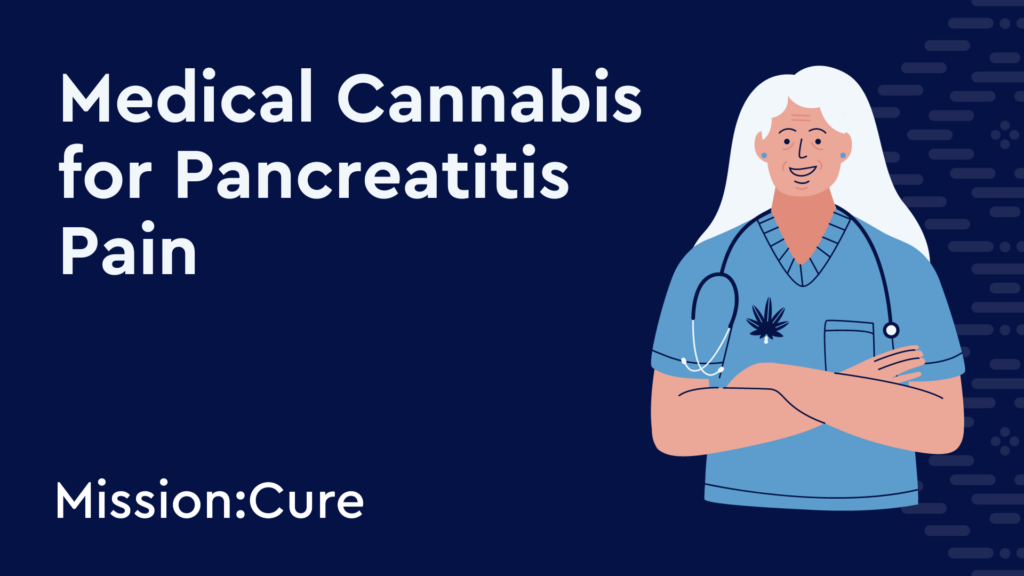
How can medical cannabis help pancreatitis patients?
In this video guide, Dr. Tim Gardner explains medical cannabis and how pancreatitis patients can benefit from it. Dr. Gardner is a gastroenterologist at Dartmouth-Hitchcock
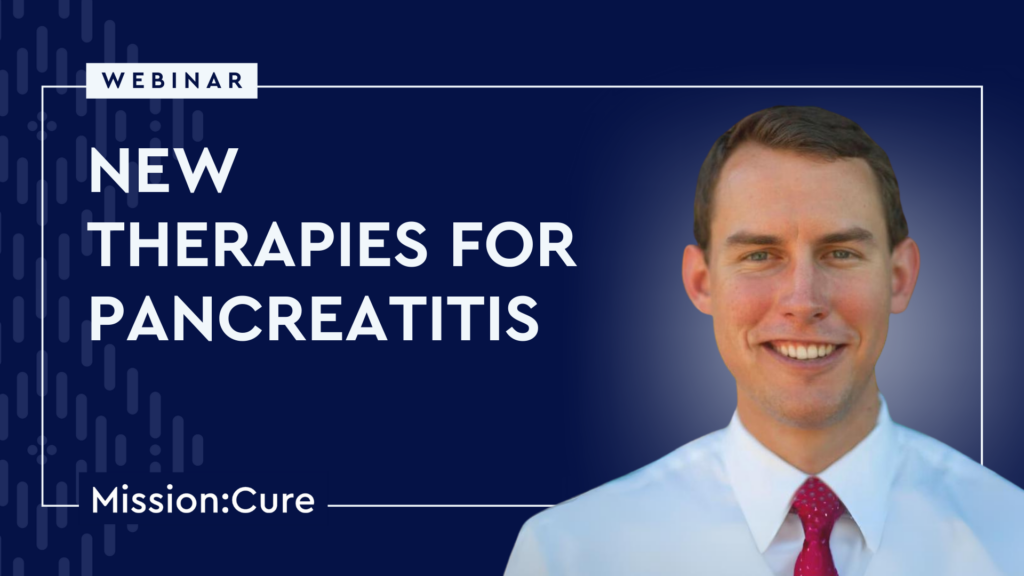
New Therapies for Pancreatitis
Webinar: “New Therapies For Pancreatitis” https://youtu.be/I7XM-fdapvs Mission: Cure’s webinar on February 23rd, 2022 featured three biotech executives who are searching for a cure for pancreatitis

Caring for Someone with Pancreatitis
Caring for someone with pancreatitis can be difficult. It is especially difficult to care for someone living with a chronic, debilitating condition. Caregiving can include
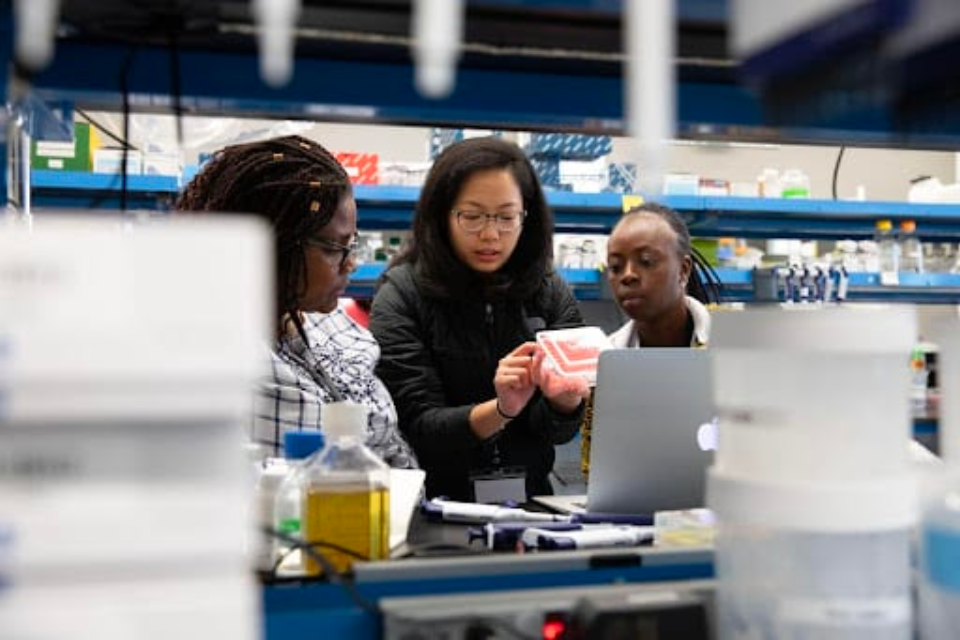
Mission: Cure Selected to Join The Chan Zuckerberg Initiative’s Rare As One Network
We are delighted to announce that Mission: Cure has been selected as one of 20 patient-led organizations to join the Rare As One Network. The Network will provide
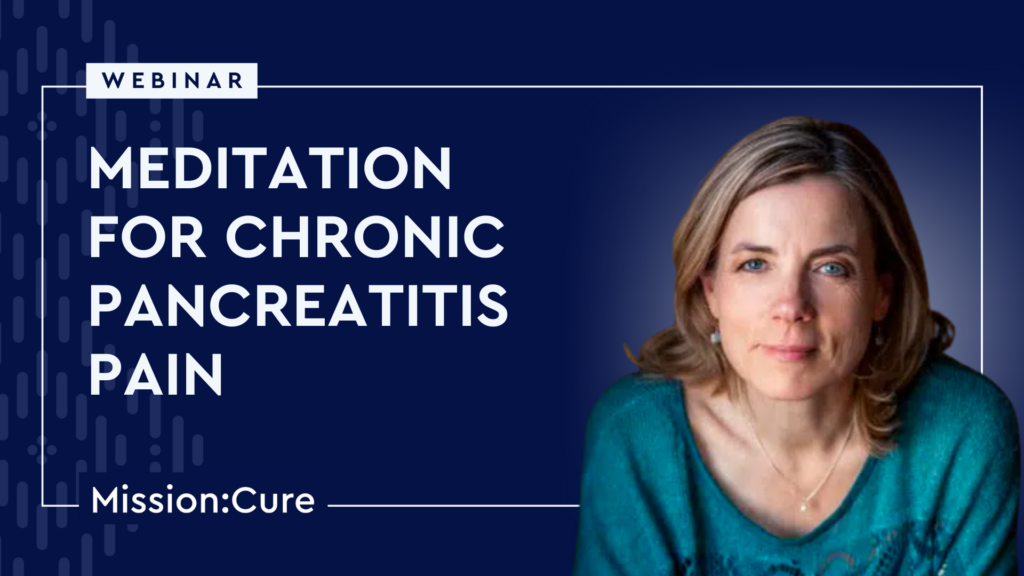
Meditation for Chronic Pancreatitis Pain
https://youtu.be/PyWNUGWtqtg Pancreatitis pain is the main symptom of chronic pancreatitis. Although meditation is no cure, it can help with pain management and, in some cases,
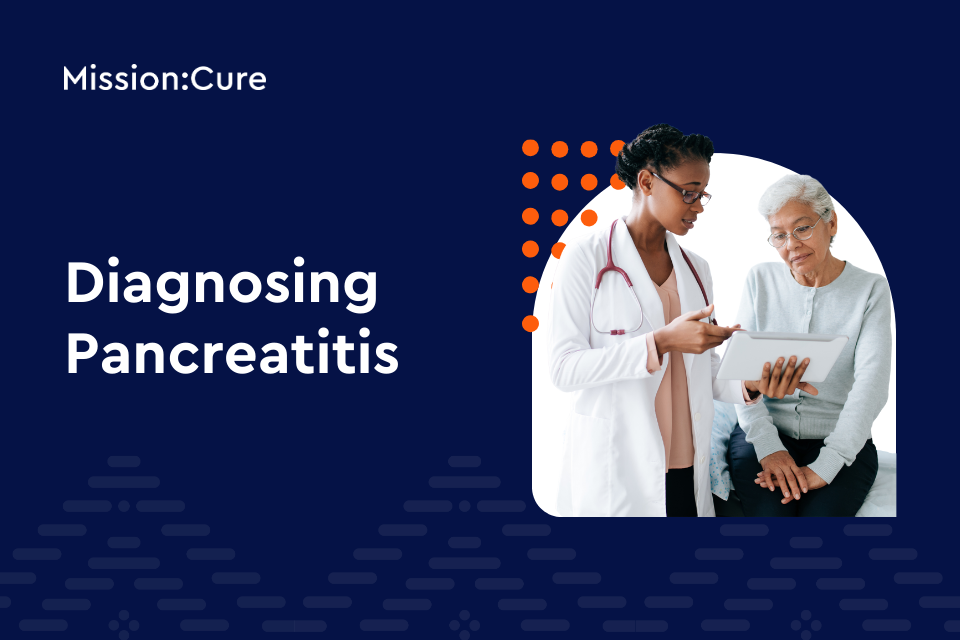
Diagnosing Pancreatitis
Many patients struggle with getting an accurate pancreatitis diagnosis. Patients recount being dismissed by doctors, spending thousands of dollars on tests, being told they are
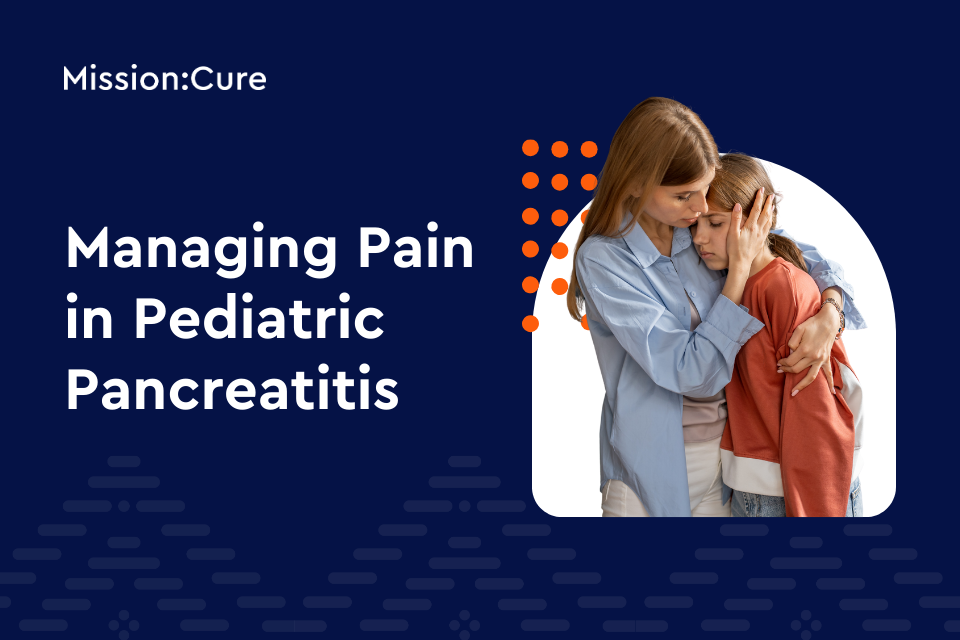
Pain Management for Pediatric Pancreatitis Patients
Pain is the number one symptom of pancreatitis. Children living with pancreatitis often have to miss out on school, daily activities, and social bonding opportunities
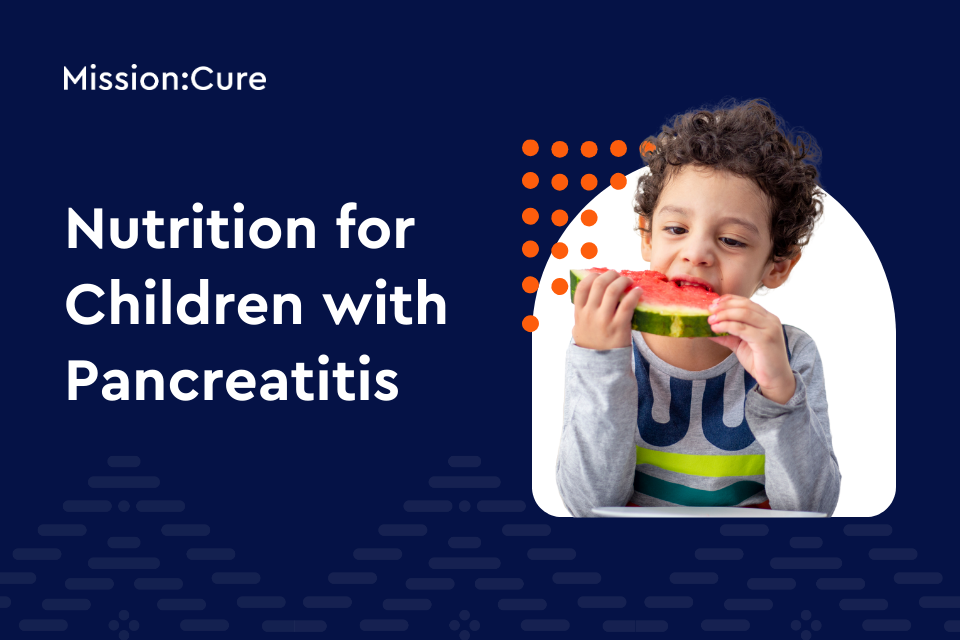
Nutrition for Children with Pancreatitis
Making sure your child is getting all the nutrients they need while living with pancreatitis can be difficult. Poor nutritional management can lead to additional
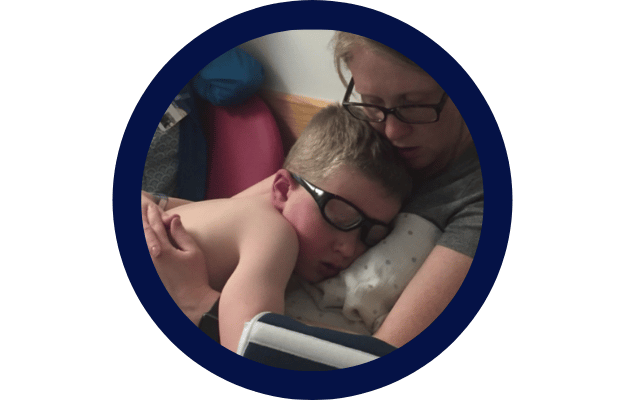
PTSD בילדים עם דלקת בלבלב
נקודות עיקריות: הליכים רפואיים יכולים להיות טראומתיים לילדים, ועלולים לגרום ל- PTSD רפואי, מצב הנקרא לחץ טראומתי רפואי בילדים, או PMTS. PMTS נחקר אצל אנשים